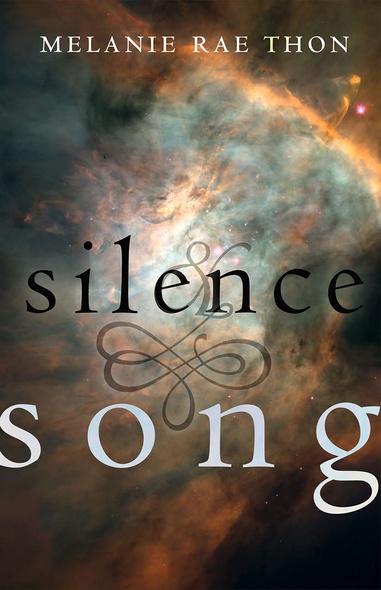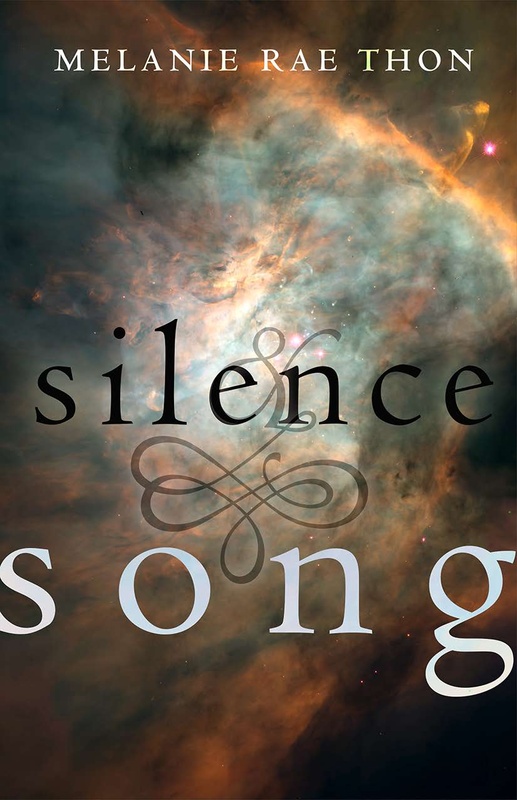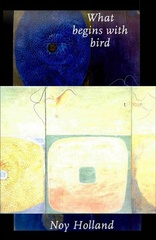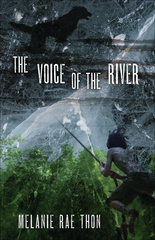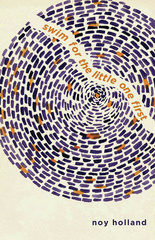Immigrants lost in the blistering expanse of the Sonoran Desert, problem bears, bats pollinating saguaros, a Good Samaritan filling tanks at emergency water stations, and the terrified runaway boy who shoots him pierce the heart and mind of Rosana Derais. “Vanishings,” the first story in Silence & Song, is a love letter, a prayer to these strangers whose lives penetrate and transform Rosana’s own sorrow.
In “Translations,” the prose poem connecting the two longer fictions, child refugees at a multilingual literacy center in Salt Lake City discover the merciful “translation” of dance and pantomime.
The convergence of two disparate events—a random murder in Seattle and the nuclear accident at Chernobyl—catalyze the startling, eruptive form of the concluding piece,“requiem: home: and the rain, after.” Narrated in first person by the killer’s sister and plural first person by the “liquidators” who come to the Evacuation Zone to bury entire villages poisoned by radioactive fallout, “requiem” navigates the immediate trauma of murder and environmental disaster; personal and global devastation; and the remarkable recovery of the miraculously diverse more-than-human world.
In “Translations,” the prose poem connecting the two longer fictions, child refugees at a multilingual literacy center in Salt Lake City discover the merciful “translation” of dance and pantomime.
The convergence of two disparate events—a random murder in Seattle and the nuclear accident at Chernobyl—catalyze the startling, eruptive form of the concluding piece,“requiem: home: and the rain, after.” Narrated in first person by the killer’s sister and plural first person by the “liquidators” who come to the Evacuation Zone to bury entire villages poisoned by radioactive fallout, “requiem” navigates the immediate trauma of murder and environmental disaster; personal and global devastation; and the remarkable recovery of the miraculously diverse more-than-human world.
Melanie Rae Thon belts out her stories in a tone and style reminiscent of classic blues singers. . . . The reader is swept along not only by her remarkable characterizations, but also by the taut, magic current of her prose, which carries an exhilarating rhythmic punch.’
—New York Times Book Review
‘The rhythmic beauty of Thon’s writing is everywhere extraordinary: Here is a writer who can really sing the blues.’
—Kirkus
[Thon] is a writer worth reading for her soulfulness and her sensual detail.’
—San Francisco Chronicle
'The reader is made constantly aware that language, not story, is the irreducible medium of fiction, that 'what happened' is only the beginning of the explorations a work of fiction might make. Thon is interested in the long reach of events, the mental afterimages they leave, the attempt to reckon with their consequences.'
—Full Stop
Thon, like no one else alive, captures the pain and the ecstasy of our existence, its harrowing, too-often brutal nature, and the transcendent joy of soil and souls, making sense of the urge to hurt and the will to rescue, the unbearable loneliness and the solace that makes life bearable. Her slender volumes speak volumes about humanity in all its agony and its undying glory.’
—The Inkslinger
Recent books by Melanie Rae Thon include The Voice of the River and In This Light: New and Selected Stories. She is also the author of the novels Sweet Hearts, Meteors in August, and Iona Moon and the story collections Girls in the Grass and First, Body. Thon’s work has been included in Best American Short Stories, three Pushcart Prize anthologies, and O. Henry Prize Stories. She is a recipient of a Whiting Writer’s Award, two fellowships from the National Endowment for the Arts, the Mountains and Plains Independent Booksellers Association Reading the West Book Award, the Gina Berriault Award, the Utah Book Award, and a writer’s residency from the Lannan Foundation. In 2009, she was the Virgil C. Aldrich fellow at the Tanner Humanities Center.

